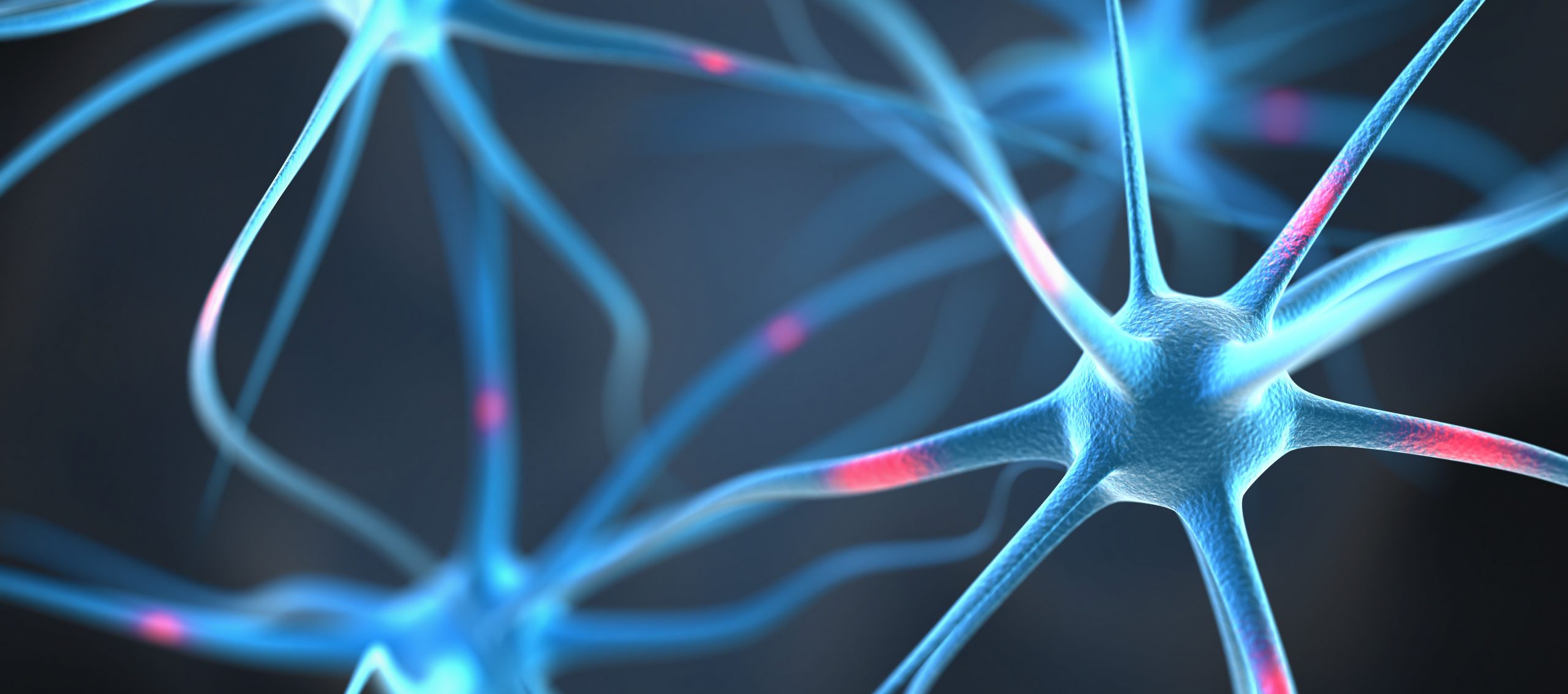
Doctor

The Department of Neurosciences is a specialized unit within a hospital that focuses on the diagnosis, treatment, and management of disorders related to the nervous system. This department deals with conditions that affect the brain, spinal cord, nerves, and muscles, encompassing a wide range of neurological and neurosurgical specialties.
Key features of the Department of Neurosciences include:
1. Neurology: The department houses neurologists who diagnose and treat various neurological disorders, such as epilepsy, multiple sclerosis, stroke, Alzheimer's disease, Parkinson's disease, and migraine, among others.
2. Neurosurgery: Neurosurgeons in the department specialize in surgical interventions for conditions like brain tumors, spinal cord injuries, cerebral aneurysms, hydrocephalus, and other neurosurgical emergencies.
3. Stroke Center: Many neurosciences departments have specialized stroke centers, equipped to provide rapid and expert care for patients experiencing strokes to minimize brain damage and improve outcomes.
4. Neurocritical Care: The department may have a neurocritical care unit that provides intensive monitoring and specialized treatment for patients with severe neurological conditions.
5. Neuromuscular Disorders: Neurologists in this department manage conditions affecting the nerves and muscles, such as peripheral neuropathies and myasthenia gravis.
6. Electrophysiology: The department offers electrophysiological studies to diagnose conditions like epilepsy and movement disorders, using techniques like electroencephalography (EEG) and electromyography (EMG).
7. Neuroimaging: Advanced neuroimaging technologies, such as MRI (Magnetic Resonance Imaging) and CT (Computed Tomography), are available in the department to aid in the diagnosis and monitoring of neurological conditions.
8. Pain Management: The department may offer pain management services for patients with chronic pain syndromes related to neurological conditions.
9. Rehabilitation Services: For patients recovering from neurological injuries or surgeries, the department may provide specialized rehabilitation services to promote functional recovery and improve quality of life.
The Department of Neurosciences plays a critical role in the assessment and management of complex neurological disorders, providing patients with access to a multidisciplinary team of experts, advanced technologies, and specialized care to improve outcomes and enhance neurological health.